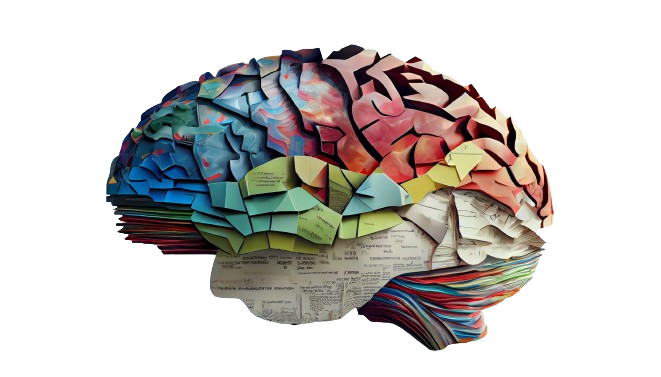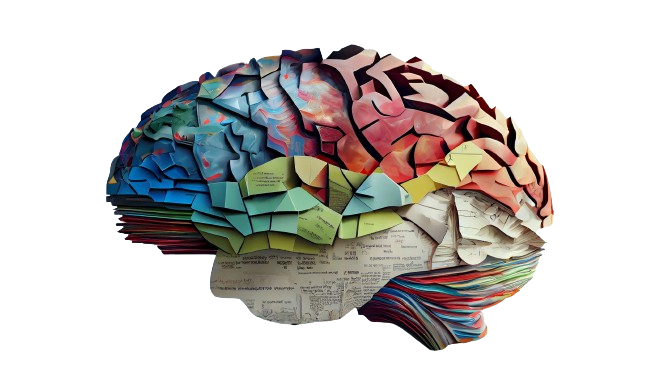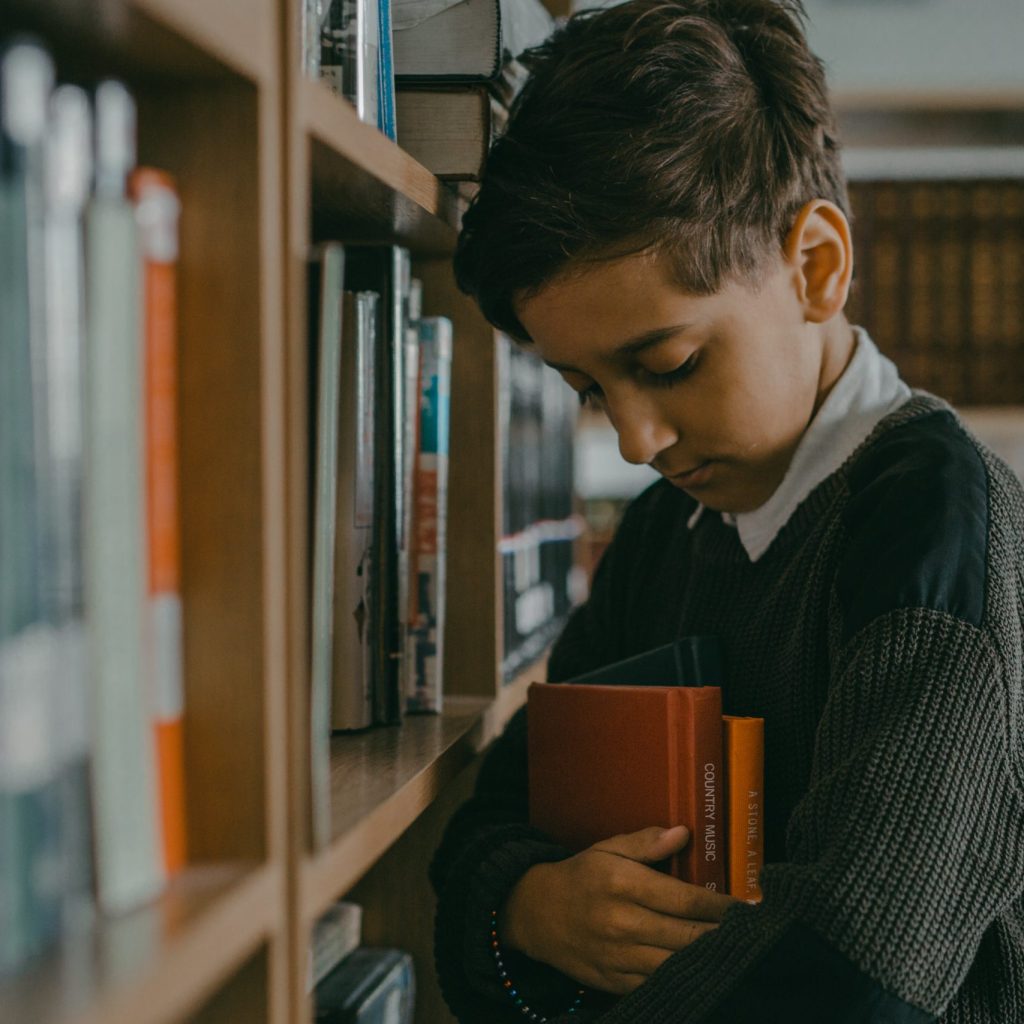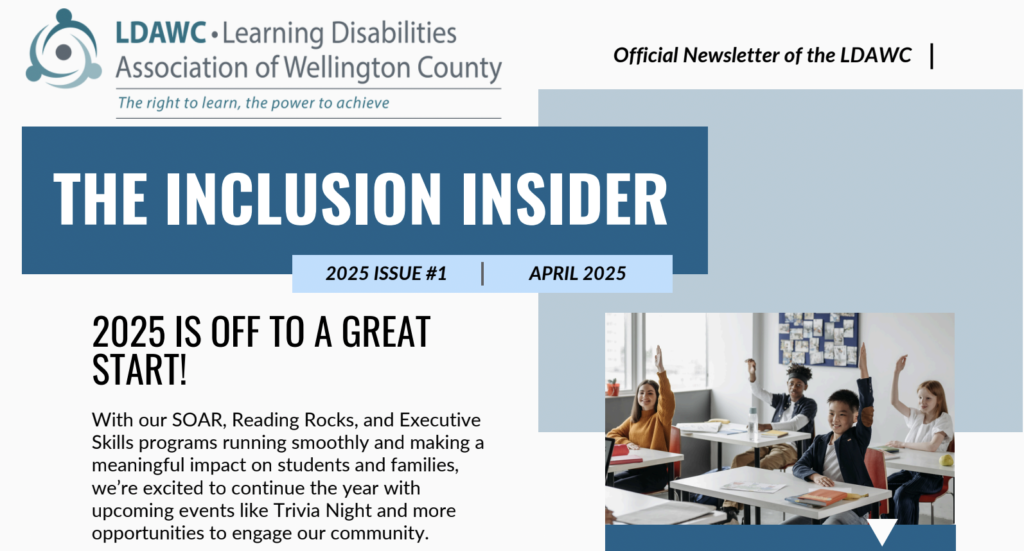Learning Disabilities
About LDs
What Is A Learning Disability?
There are a wide variety of learning disabilities (LDs). Each one is called a specific learning disability because each one affects an individual in a different way. One person may manifest several different specific learning disabilities. However, for convenience, we usually talk about learning disabilities as a group.

Learning disabilities come in many forms and their effects are different from person to person. They affect one or more of the ways that a person processes information. They relate to:
- Input - Getting information into the brain
- Organization - Making sense of information
- Memory - Storing and retrieving information
- Output - Getting information back out

Though it is difficult to attribute learning disabilities to any specific cause, we know that they can be related to genetic, congenital or acquired neurobiological factors. They are not caused by cultural or language difference, inadequate or inappropriate instruction, socioeconomic status or lack of motivation.

What Do Learning Disabilties Affect?
Frequently learning disabilities co-exist with other conditions such as attention, behavioural and emotional disorders, sensory impairments or other medical conditions. No two learning disabilities are the same. They vary greatly in form and intensity, and can affect one or more of the following areas:

Daily Life
People with LDs may experience problems in their regular day to day in any of the following areas:
Organizing
Managing time
Planning & decision making
Problem solving
Learning to drive
Finding things on a cluttered desk
Finding their way in an unfamiliar environment
Interpreting graphs, charts and maps
Following multi-step instructions
Knowing what details are important ("see the whole picture”)
Social Life
People with LDs may experience problems with social situations in any of the following areas:
Interpreting facial expressions
Understanding body language
Understanding tones of voice
Taking turns in conversations
Reading
People with LDs may experience problems with reading (sometimes called dyslexia) in any of the following areas:
Breaking words down into their individual sounds
Recognizing words
Reading fluently
Understanding what is read
Writing
People with LDs may experience problems with writing (sometimes called dysgraphia) in any of the following areas:
Handwriting
Putting thoughts on paper
Organizing written work
Spelling and grammar
Arithmetics
People with LDs may experience problems in math (sometimes called dyscalculia) in any of the following areas:
Learning number facts
Doing arithmetic and calculation
Using symbols in math
Understanding visual–spatial relationships
People with LDs may experience problems in their regular day to day in any of the following areas:
Organizing
Managing time
Planning & decision making
Problem solving
Learning to drive
Finding things on a cluttered desk
Finding their way in an unfamiliar environment
Interpreting graphs, charts and maps
Following multi-step instructions
Knowing what details are important ("see the whole picture”)
People with LDs may experience problems with social situations in any of the following areas:
Interpreting facial expressions
Understanding body language
Understanding tones of voice
Taking turns in conversations
People with LDs may experience problems with reading (sometimes called dyslexia) in any of the following areas:
Breaking words down into their individual sounds
Recognizing words
Reading fluently
Understanding what is read
People with LDs may experience problems with writing (sometimes called dysgraphia) in any of the following areas:
Handwriting
Putting thoughts on paper
Organizing written work
Spelling and grammar
People with LDs may experience problems in math (sometimes called dyscalculia) in any of the following areas:
Learning number facts
Doing arithmetic and calculation
Using symbols in math
Understanding visual–spatial relationships
Finding Methods Of Success
To achieve success, persons with learning disabilities require specialized interventions in home, school, community and workplace settings. These interventions can vary from person to person and must be appropriate to each person’s strengths and needs. Some examples of these measures include providing specific instruction on how to perform a task, developing strategies that can compensate for an area of weakness, or developing their self-advocacy skills.


Make A Difference
Help us improve the lives of children, youth and adults with learning disabilities so that they can reach their full potential.
Empower Your Community
Through outreach, education, advising and advocacy, we are realizing our vision of a community where learning disabilities are understood and accepted.
Support Our Services
We work to advance the education, employment, social development, legal rights and general wellbeing of individuals with learning disabilities.

